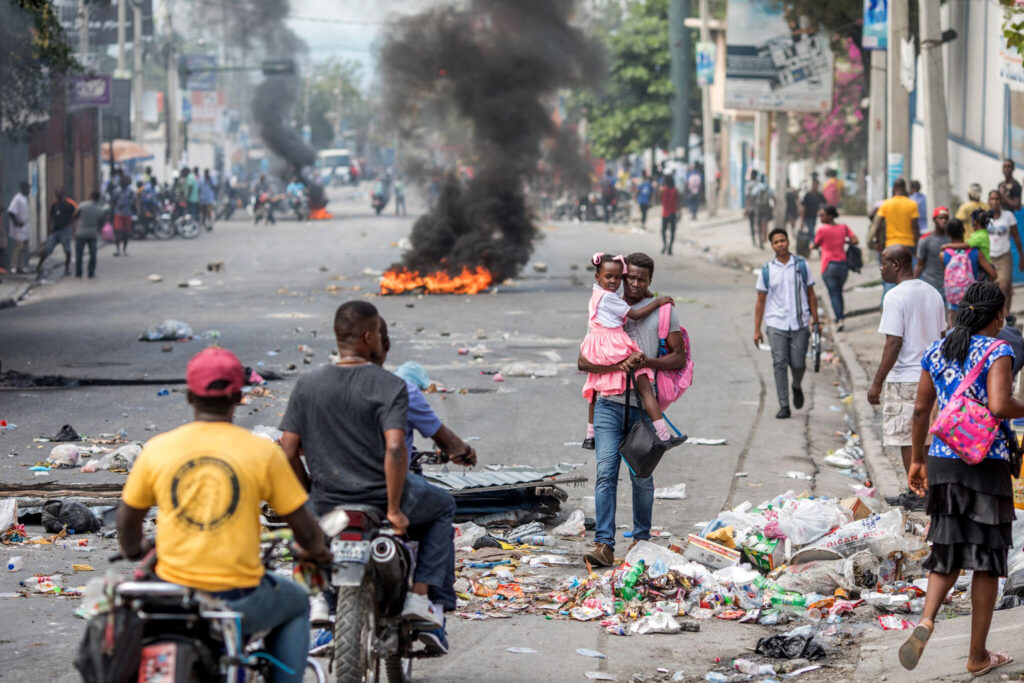On September 12, Haiti’s fragile sense of security suffered another blow when gangs ambushed an armored police vehicle in Kenscoff, a farming community nestled in the hills near Port-au-Prince. The vehicle, part of a routine security patrol, was struck with Molotov cocktails and forced off the road. The driver was killed instantly, while two police officers sustained serious injuries as the vehicle plummeted into a ravine.
For years, Kenscoff had been known as a sanctuary for farmers and a retreat for those fleeing the dangers of Port-au-Prince. The community, vital for its agricultural output of vegetables and produce that feed much of the capital, had remained relatively insulated from the wave of gang violence sweeping urban areas. This ambush shattered that sense of refuge, proving that gangs are expanding their reach far beyond city limits.
Local residents expressed fear that their farms and livelihoods could soon be under direct threat. “If they can attack here, then nowhere is safe,” said one farmer, whose family has worked the land for generations. Security analysts worry that targeting rural strongholds like Kenscoff signals a broader strategy by gangs to control food supply chains and extort farmers. The Haitian government promised to deploy more patrols and reinforce security in the area, but locals remain skeptical, noting that gangs often return after short-lived interventions. For many, the Kenscoff ambush is not just a tragic event, it is a warning of what could come next.

